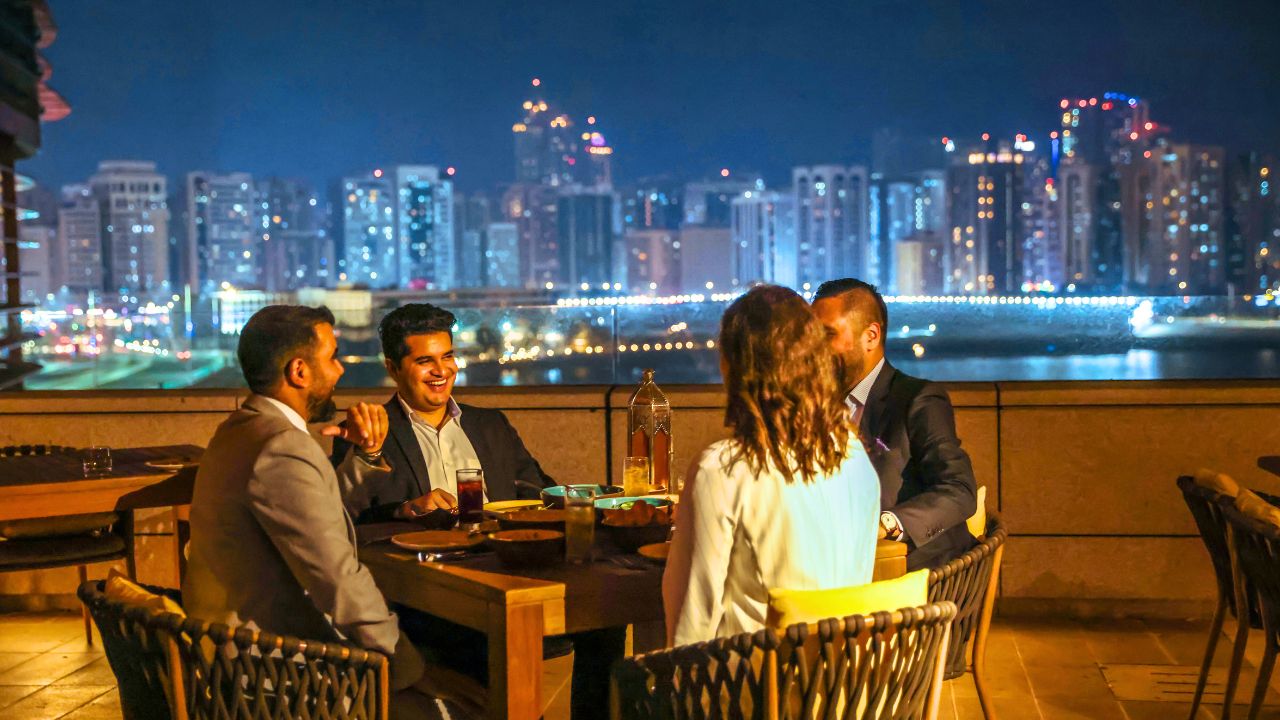
Embrace Ramadan in Abu Dhabi with tips on etiquette, community spirit, and cultural traditions
Ramadan in Abu Dhabi is a magical time when the city transforms into a hub of spirituality, generosity, and cultural connection.
For expats new to the UAE, this holy month can feel both exciting and unfamiliar.
It’s not just a time of fasting and prayer for the Muslim community but also an opportunity for everyone to experience the warmth and traditions of Emirati culture.
By taking part in the customs and showing respect for local practices, you’ll find yourself forming meaningful connections and creating cherished memories.
This guide is designed to help you navigate your first Ramadan in Abu Dhabi. From understanding the etiquette to exploring the unique culinary offerings, you’ll find tips to immerse yourself in the spirit of Ramadan while avoiding common faux pas.
Whether you’re planning to attend an Iftar, support local charities, or simply learn more about Emirati traditions, there’s something for everyone to discover during this special time.
What makes Ramadan in Abu Dhabi special?
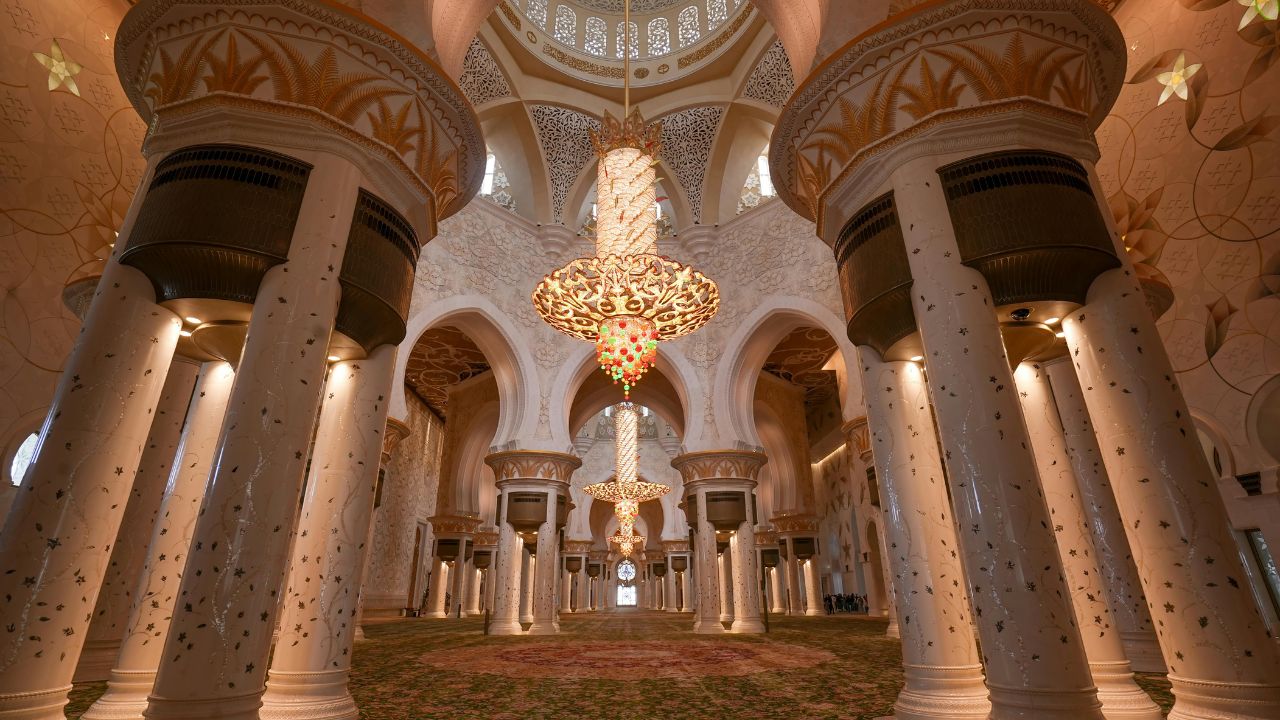
The Holy Month of Ramadan is a deeply spiritual and culturally rich time in the UAE, offering a unique opportunity for expats to immerse themselves in the country’s traditions.
For new arrivals in Abu Dhabi, Ramadan can feel like a completely new experience, but with a little understanding and the right approach, it becomes a memorable and heartwarming time.
From communal Suhoor tents to lively Iftars, Ramadan is all about fostering connections, embracing generosity, and appreciating the beauty of Emirati culture.
How to embrace the community spirit during Ramadan

One of the best ways to truly experience Ramadan in Abu Dhabi is by engaging with the community. Ramadan is a time of unity and togetherness, and small gestures can go a long way.
Start by wishing your Muslim friends and colleagues a “Blessed Ramadan” or saying “Ramadan Kareem.” This simple greeting reflects your respect for the holy month and its significance.
If you’re invited to an Iftar (the evening meal to break the fast), don’t hesitate to accept.
Attending Iftars is a wonderful way to experience the hospitality and generosity that are central to Emirati culture.
You might also like: The ultimate guide to Ramadan 2025
Consider hosting your own Iftar or inviting friends over – even if you’re not fasting, this gesture of inclusivity fosters deeper connections.
Suhoor tents, which open before dawn for the pre-fast meal, are also a fantastic place to meet people and savour traditional dishes in a festive atmosphere.
Why charity is central to Ramadan
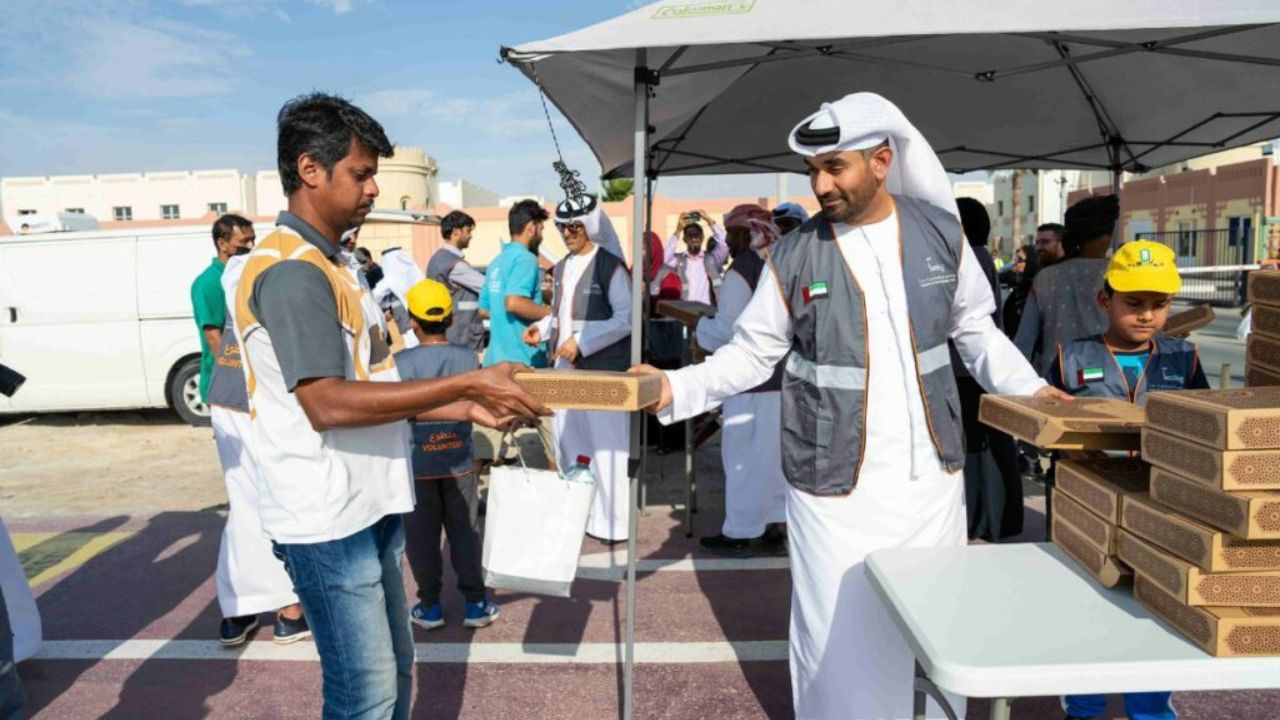
Ramadan is often referred to as the “month of giving,” and acts of charity hold a special place during this time.
Whether it’s donating to local food drives, volunteering your time, or offering small acts of kindness to those in need, contributing to charity brings immense personal satisfaction.
In Abu Dhabi, numerous organisations and mosques run donation campaigns, making it easy to get involved.
Giving back not only enriches your Ramadan experience but also connects you with the broader community.
What to know about Ramadan etiquette

Respecting local customs during Ramadan is essential, especially for new expats.
While eating, drinking, or chewing gum in public during daylight hours is prohibited and can lead to fines or reprimands, many restaurants and cafes remain open with designated screened-off areas for non-fasters.
Always be mindful of your surroundings and follow the rules to show respect for those observing the fast.
Another key aspect of etiquette is dressing conservatively. Both men and women are encouraged to wear modest clothing during Ramadan.
This means avoiding shorts, sleeveless tops, or other revealing attire in public spaces.
Additionally, keep noise levels low and avoid playing music loudly in respect for the reflective nature of the month.
If you’re listening to music or podcasts, use headphones to ensure you’re not disturbing others.
Enjoying the flavours of Ramadan
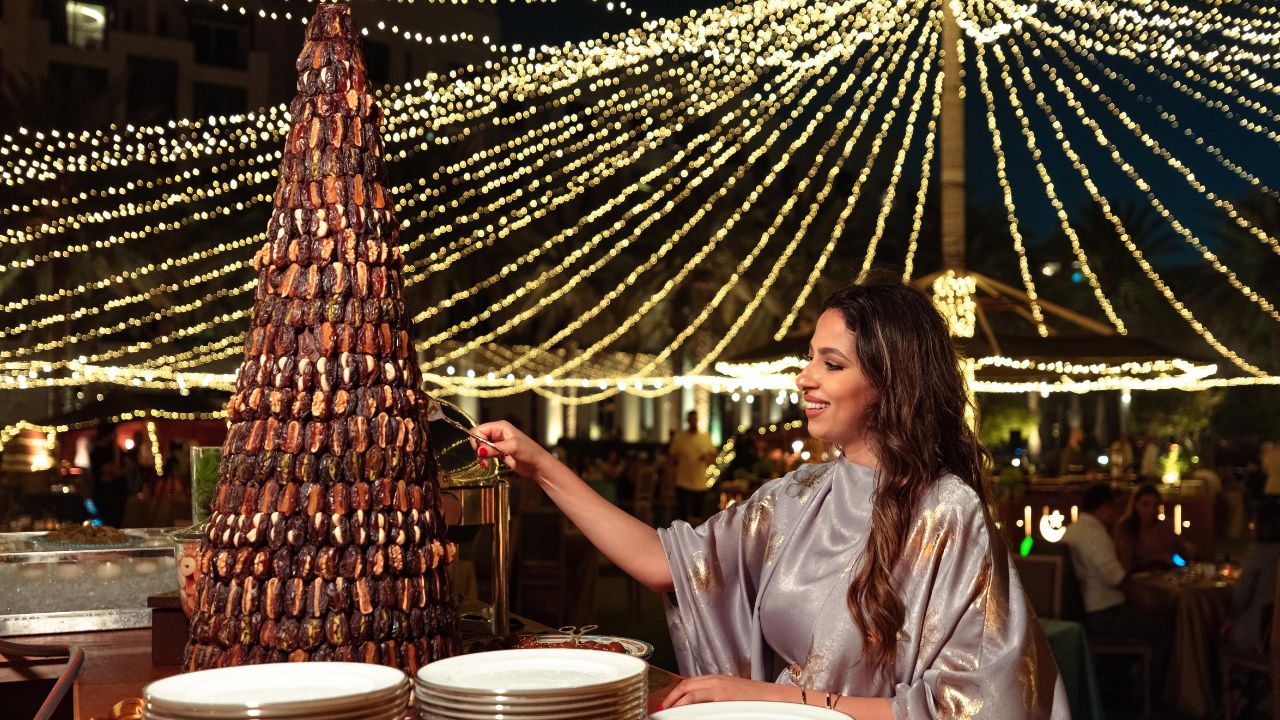
Food plays a central role in Ramadan, and Abu Dhabi’s culinary scene comes alive with incredible Iftar and Suhoor spreads.
Even if you’re not fasting, exploring the city’s Ramadan offerings is a must. Many hotels and restaurants host lavish Iftar buffets featuring traditional Emirati dishes alongside international favourites.
Suhoor tents, often set in beautiful outdoor settings, offer a cozy and communal way to enjoy the pre-dawn meal.
Traditional Emirati dishes like harees, luqaimat, and machboos are staples during Ramadan.
For those new to these flavours, Ramadan is the perfect time to try them. These meals are not just about food; they’re moments of connection, where families and friends gather to celebrate the spirit of togetherness.
Making Ramadan a memorable experience
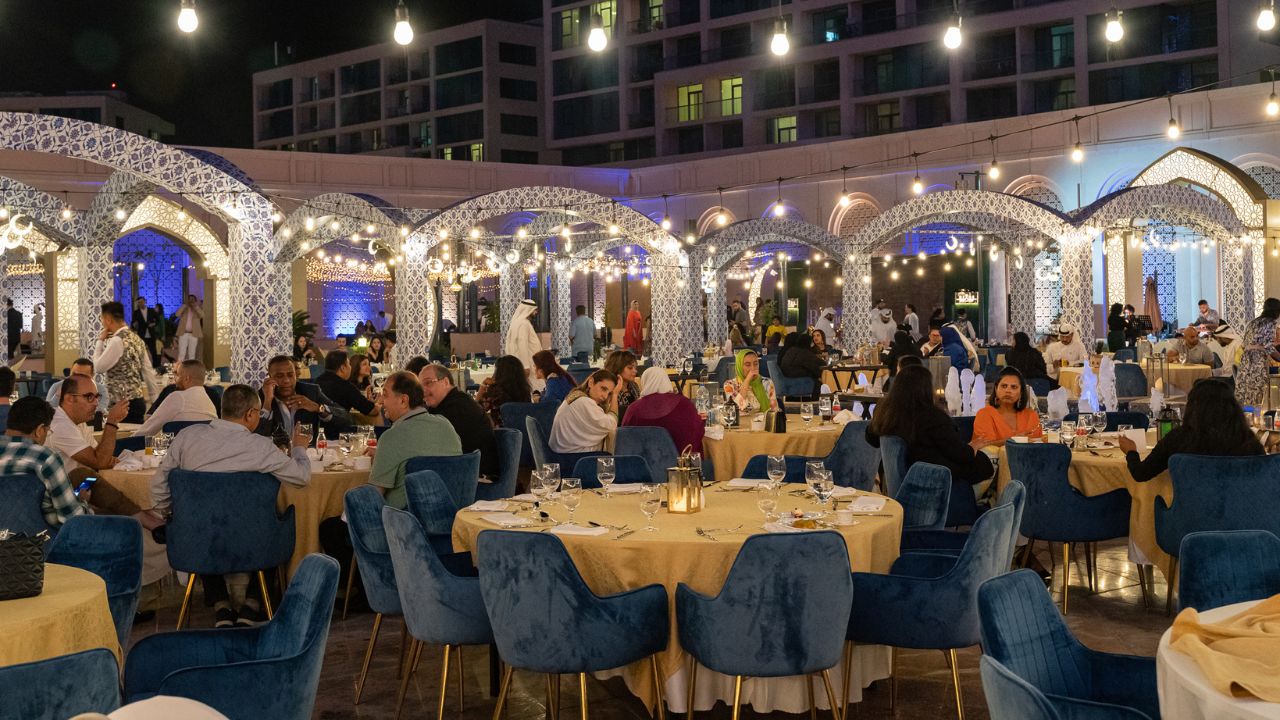
For expats, Ramadan is a time to step outside your comfort zone and embrace the cultural richness of Abu Dhabi.
Whether it’s through sharing a meal, engaging in acts of charity, or simply showing respect for local customs, the Holy Month offers countless opportunities to connect with the community and deepen your appreciation for Emirati traditions.
As you navigate your first Ramadan in Abu Dhabi, remember that it’s a time of reflection, generosity, and joy.
By embracing the spirit of the season, you’re sure to create lasting memories and forge meaningful connections in your new home.
Follow Yalla for all the things to do in the capital
